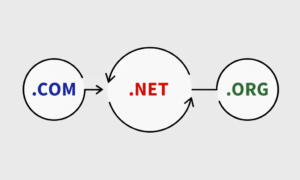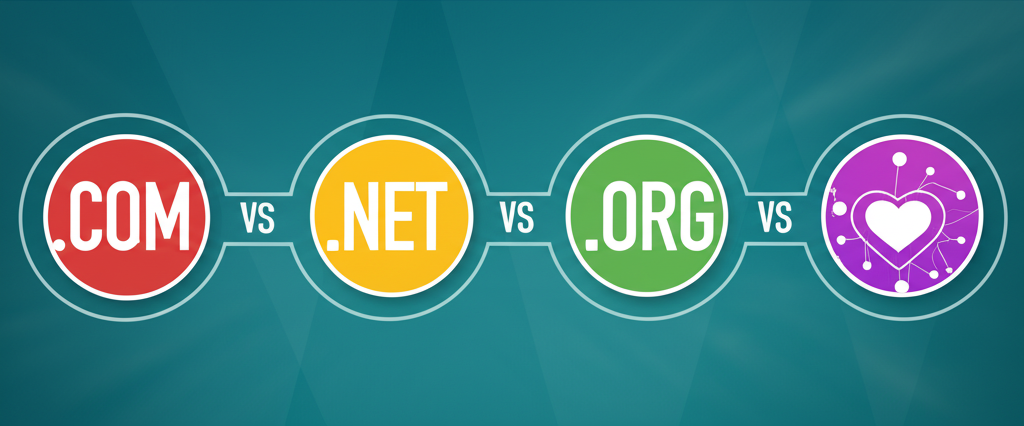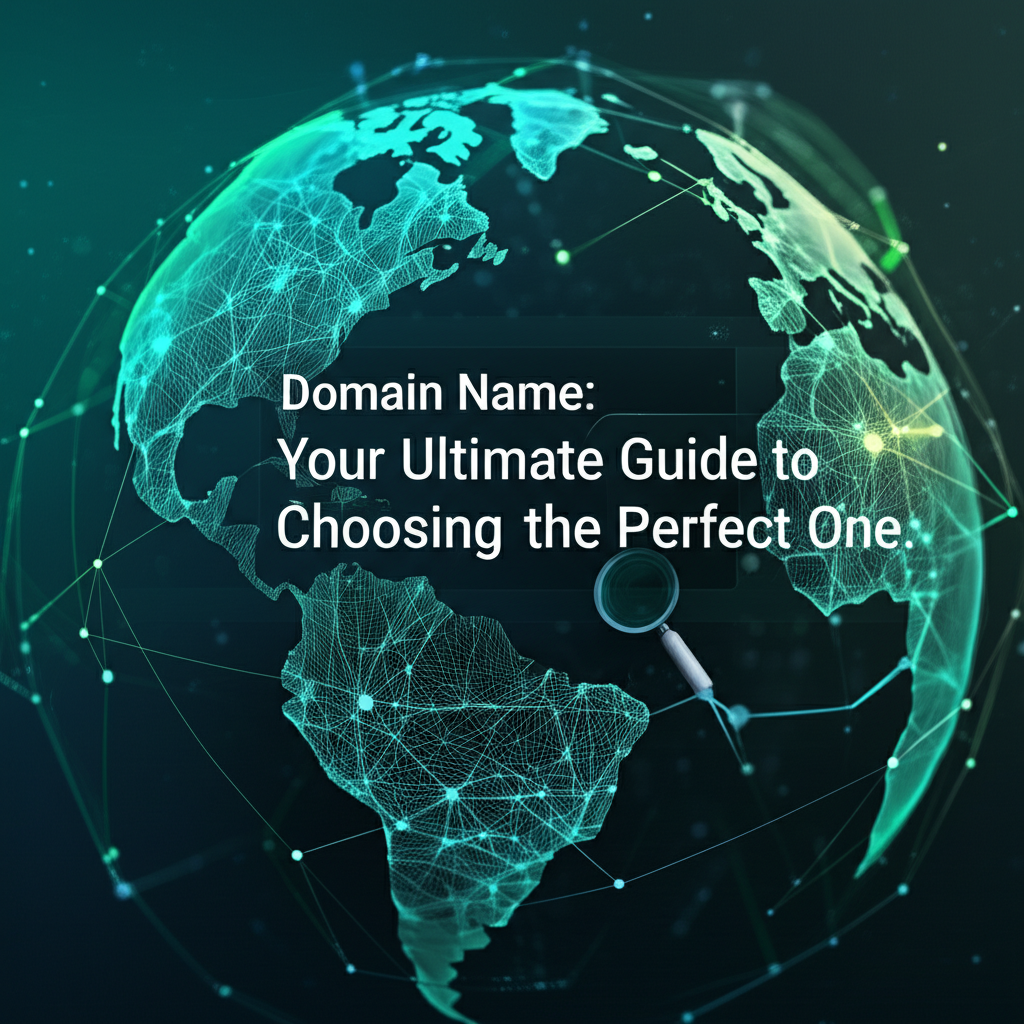- Understanding .COM, .NET, and .ORG Domains
- Decoding the .COM Domain
- Exploring the .NET Domain
- Defining the .ORG Domain
- .COM vs .NET vs .ORG: Which is Right for You?
- SEO Implications of .COM, .NET, and .ORG
- Factors Beyond the TLD
.COM vs .NET vs .ORG: Choose the Best Domain
Choosing the right domain extension is a crucial step in establishing your online presence. While seemingly small, the suffix at the end of your web address—like .com, .net, or .org—can significantly impact how your audience perceives your brand and even affect your search engine rankings. This article will delve into the differences between these three popular top-level domains (TLDs) – .com, .net, and .org – to help you make the best choice for your website.
Understanding .COM, .NET, and .ORG Domains

Each of these TLDs carries different connotations and is generally best suited for particular types of websites. Understanding these nuances is vital for selecting a domain extension that aligns with your online objectives.
Decoding the .COM Domain
The .COM domain is the undisputed king of the internet. Originally intended for commercial entities, .COM has become synonymous with the web itself. Its widespread recognition makes it the most intuitive and memorable TLD for users. A .COM domain instantly signals a business-oriented website, fostering trust and credibility. Because of its popularity, however, securing a short, memorable .COM domain can be challenging and often more expensive.
Exploring the .NET Domain
.NET was initially designed for network-related organizations, such as internet service providers and infrastructure companies. Over time, .NET has evolved into a viable alternative for businesses whose desired .COM domain is already taken. While .NET is a recognizable TLD, it’s important to acknowledge that users primarily associate websites with .COM. Choosing a .NET domain might require more effort to build brand recognition and ensure users don’t accidentally navigate to a .COM version of your site.
Defining the .ORG Domain
.ORG stands for “organization,” and this TLD is typically associated with non-profit organizations, charities, foundations, and community groups. Choosing a .ORG domain instantly communicates a focus on mission-driven work rather than commercial endeavors. This clear association can build trust with users seeking information or looking to support a cause. While some for-profit businesses use .ORG, doing so can create confusion and may be perceived as an attempt to misrepresent the organization’s nature.
.COM vs .NET vs .ORG: Which is Right for You?
Choosing between .COM, .NET, and .ORG requires careful consideration of your website’s purpose and target audience. Below is a breakdown to help you make the best decision:
Choose .COM if:
You are running a for-profit business.
You want the most recognizable and trusted TLD.
You prioritize memorability and ease of access for users.
Choose .NET if:
Your desired .COM domain is unavailable.
Your business is technology-related, aligning with .NET’s original intent.
You are willing to invest in building brand recognition around a .NET address.
Choose .ORG if:
You are a non-profit organization, charity, or foundation.
You want to clearly communicate your non-commercial mission to your audience.
Building trust and transparency is paramount for your organization.
SEO Implications of .COM, .NET, and .ORG
While Google maintains that no single TLD inherently receives preferential treatment, .COM’s dominance and widespread use might offer a slight advantage in terms of user behavior and click-through rates. Users are simply more accustomed to typing .COM into their browsers, which can indirectly impact traffic. However, producing high-quality content, building a strong backlink profile, and optimizing your website for relevant keywords remain the most critical factors for achieving high search engine rankings, regardless of your chosen TLD.
Factors Beyond the TLD
While choosing the right TLD is important, it’s not the only factor that determines online success. Remember to also consider:
Domain name availability: Secure a domain name that is short, memorable, and relevant to your brand.
Website design and user experience: Create a visually appealing and user-friendly website that provides valuable content.
Content marketing and SEO: Develop a robust content strategy to attract and engage your target audience.
* Social media marketing: Leverage social media platforms to promote your brand and drive traffic to your website.
Ultimately, the best domain extension is the one that aligns with your organization’s goals, resonates with your target audience, and supports your overall online strategy. By understanding the nuances of .COM, .NET, and .ORG, you can make an informed decision that sets your website up for success.















Leave a Reply